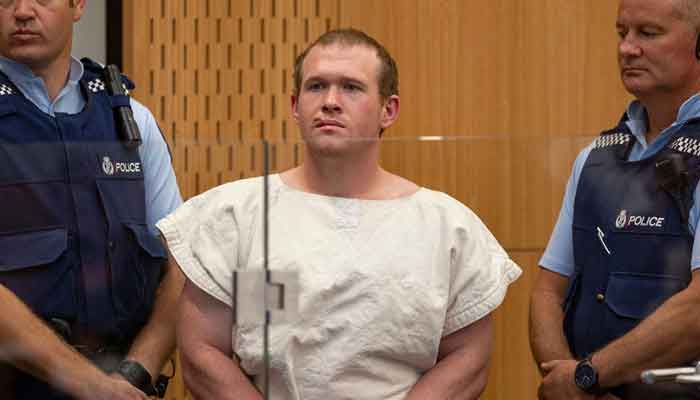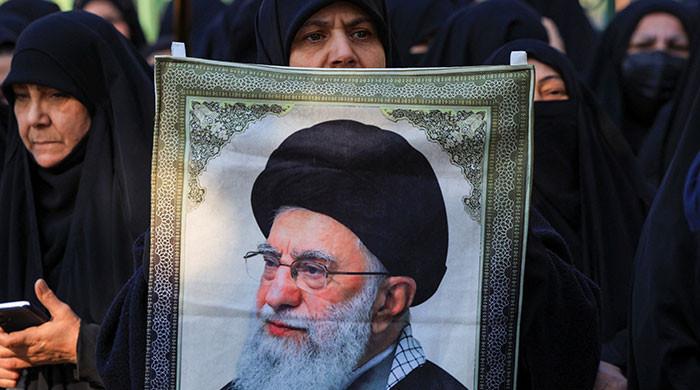New Zealand mosque attacker may appeal against life-term sentence
Christchurch mosque attacker's victims were all Muslim and included children, women and the elderly
November 08, 2021

- New Zealand mosque attacker's lawyer says his client disclosed that his pleas were entered under duress.
- "He was sentenced to over 25 years, that is a sentence of no hope and that's not allowed," says gunman's lawyer.
- Christchurch mosque attacker's victims were all Muslim and included children, women and the elderly.
The Christchurch mosque attacker is considering appealing his whole-of-life jail term, said his lawyer Monday, adding that the attacker may argue that pleas in the wake of the 2019 shootings were obtained under duress.
Self-proclaimed white supremacist Brenton Tarrant pleaded guilty to 51 charges of murder, 40 of attempted murder and one of terrorism last year.
He was sentenced to life imprisonment without the possibility of parole, the first time a whole-life term has been handed down in New Zealand.
Tarrant did not offer a defence at the time but his lawyer Tony Ellis said the Australian national was questioning his decision to plead guilty.
Ellis said the gunman, 31, had told him the pleas were entered under duress because he was subject to "inhuman and degrading treatment" while being held on remand.
"He decided that the simplest way out was to plead guilty," Ellis told Radio New Zealand.
Ellis reportedly took over as Tarrant's lawyer ahead of a coroner's inquiry into the March 2019 shootings and advised his client to exercise his right of appeal.
"He was sentenced to over 25 years, that is a sentence of no hope and that's not allowed, that's a breach of the Bill of Rights," Ellis said.
Armed with an arsenal of semi-automatic weapons, Tarrant attacked Friday worshippers at Christchurch's Al Noor mosque first, before moving on to the Linwood prayer centre, livestreaming the killings as he went.
His victims were all Muslim and included children, women and the elderly.
New Zealand does not have the death penalty and in sentencing in August last year, Judge Cameron Mander said he was imposing the harshest possible term for Tarrant's "inhuman" actions.
"Your crimes are so wicked, that even if you are detained until you die it will not exhaust the requirements of punishment and denunciation," Mander said at the time.
Ellis declined to comment when contacted by AFP, saying his client had instructed him to speak only to selected local media outlets.
There was no immediate response from the Coroner's Court.











